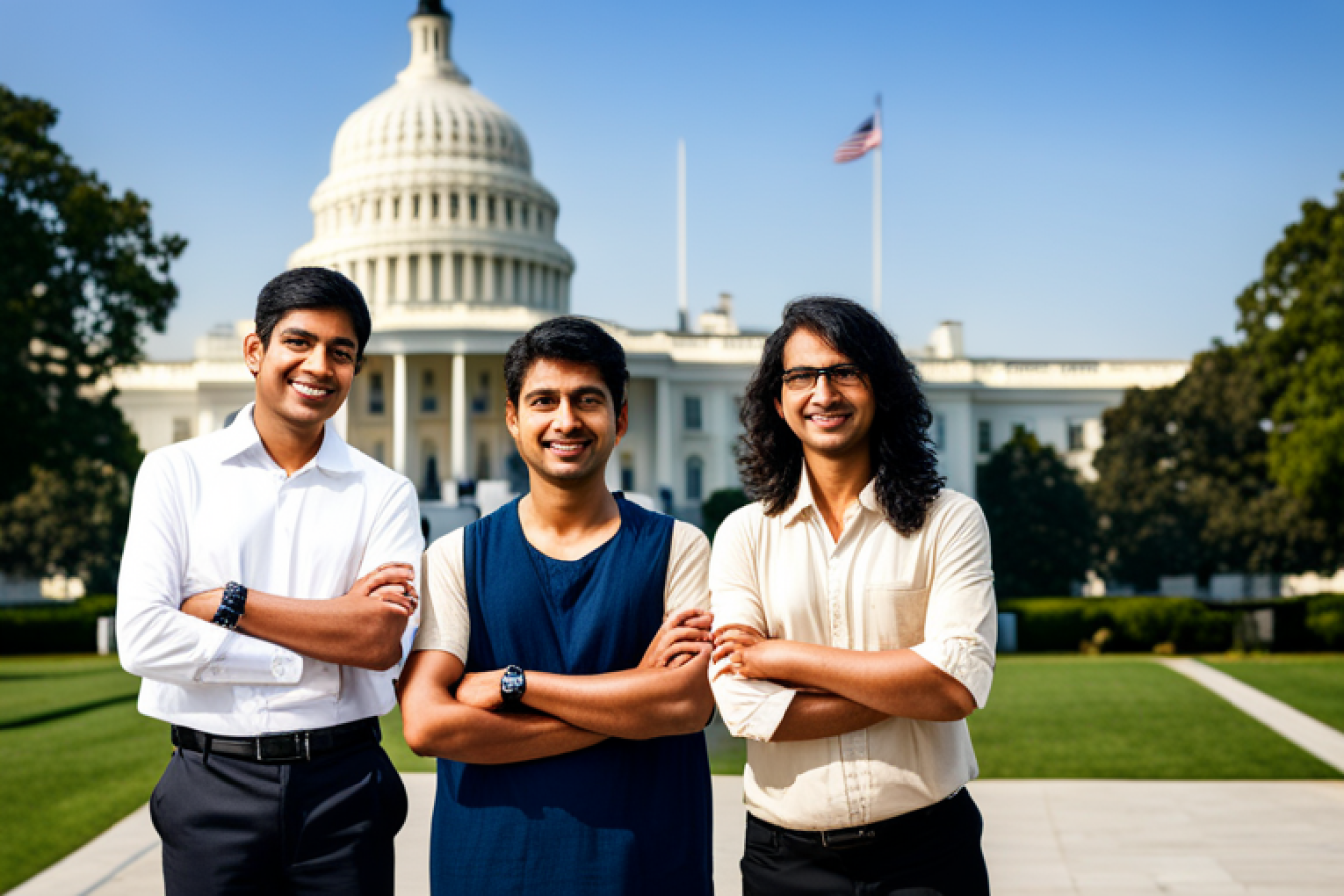Support migrant centric journalism today and donate

By Sanwar Ali:
US Visa Program Controversy: The Battle Over Optional Practical Training (OPT) and its Impact on Foreign Students
The Optional Practical Training (OPT) program in the United States has been a subject of controversy in recent years. The program allows foreign students with an F1 student visa to gain work experience in the country after completing their degree. However, some politicians and organizations have sought to end or limit the program, claiming it takes job opportunities away from American citizens and drives down wages. This article explores the arguments for and against the OPT program, its impact on foreign students, and the current legal battle over its future.
The OPT Program: An Overview
The Optional Practical Training (OPT) program is a visa scheme that enables foreign students who have completed a degree in the United States to work in the country for up to three years, depending on their field of study. It has been in existence in some form since 1947 and was expanded by the Obama administration in 2016, allowing students in science, technology, engineering, and mathematics (STEM) fields to obtain work permits for an additional two years beyond the standard one-year period.
Arguments in Favor of the OPT Program
Supporters of the OPT program argue that it benefits both foreign students and the US economy. International students bring in billions of dollars in tuition fees, which help subsidize universities and domestic students. In the 2018-19 academic year alone, international students contributed nearly $41 billion to the US economy and supported over 458,000 jobs, according to NAFSA: Association of International Educators.
Foreign students also enhance the US workforce with their skills, especially in STEM fields. A 2019 report from the Niskanen Center found that programs like OPT increase innovation without costing US workers their jobs or decreasing average wages. Additionally, immigrants make up a significant portion of founders for billion-dollar startups and venture-backed companies in the United States.
Moreover, without the OPT program, foreign students would likely choose to study in other countries with more welcoming post-graduate work programs, such as Australia, Canada, and the UK. This could result in a loss of talent and economic benefits for the United States.
Arguments Against the OPT Program
Critics of the OPT program, including some Republican politicians like Texas Senator Ted Cruz, argue that the program takes jobs away from American citizens and drives down wages. They claim that the Department of Homeland Security (DHS) is circumventing the law established by Congress regarding non-immigration visas and that the program should be scrapped or limited.
Furthermore, critics point to research showing that companies like Disney, AT&T, and Walmart have used the program to hire low-wage foreign workers, displacing American workers in the process. Some believe that the program should be reformed to better protect American workers and ensure foreign students do not have an unfair advantage in the job market.
The Legal Battle Over the OPT Program
The Washington Alliance of Technology Workers (Washtech), a union representing tech workers, has filed a case with the Supreme Court to overturn the OPT program. They argue that the program "strips from Congress the power to set terms for non-immigrant visas" and is therefore unconstitutional. This case has garnered support from prominent Republican politicians, including Senator Ted Cruz and other members of Congress.
However, major business groups such as the US Chamber of Commerce and the National Association of Manufacturers have intervened in the case to defend the OPT program, arguing that it helps companies address a lack of qualified US workers.
The Supreme Court is expected to decide whether to hear the case within weeks, and its decision could have significant implications for the future of the OPT program and the lives of foreign students in the United States.
Comparison to the UK: No Quota on Work Visas
While the US has an 85,000 quota on H1B visas, the United Kingdom does not have a quota on the Skilled Worker Visa, that requires an UK employer with a sponsor licence. This allows for a greater influx of foreign talent and economic benefits without the limitations imposed by the US system. If the OPT program were to be scrapped or limited, the United States could potentially lose even more talent and economic growth to countries with more welcoming visa policies.
Conclusion
Unless there is support from President Biden, it seems unlikely that there will be significant changes to the OPT program. Many would argue that there are huge economic and innovation benefits that foreign students provide to the United States.
Popular US Work Visa by workpermit.com: L1, H1B, E2, and O1 Visas
There are various types of US visas that individuals can apply for, depending on their circumstances. Some of the most common employment-based visas include:
L1 visa: This visa is for intracompany transferees who work in managerial or executive positions or have specialized knowledge.
H1B visa: This visa is for specialty occupations that require theoretical or technical expertise in specialized fields.
E2 visa: This visa is for investors who have made a significant investment in a US business and, management or essential skills employees. Only certain nationalities can apply.
O1 visa: This visa is for individuals with extraordinary abilities in the arts, sciences, education, business, or athletics.
Workpermit.com is a specialist visa services firm with over thirty years of experience dealing with visa applications. For more information and advice, please contact us on 0344 991 9222 or at london@workpermit.com(link sends e-mail)





















